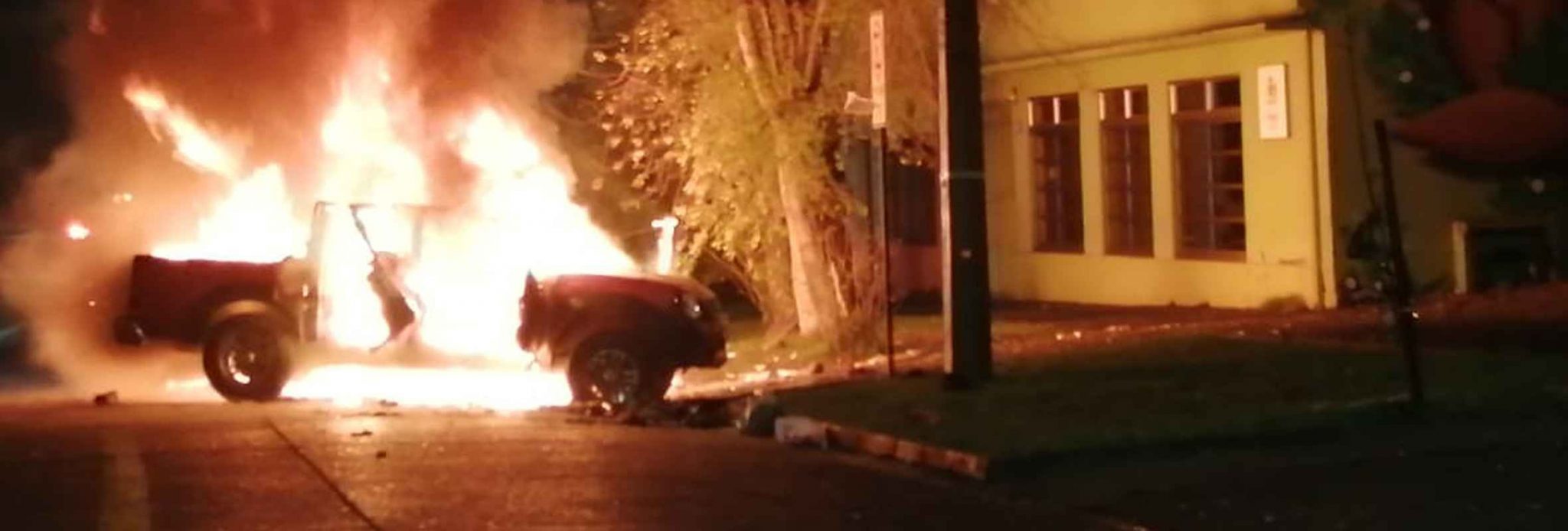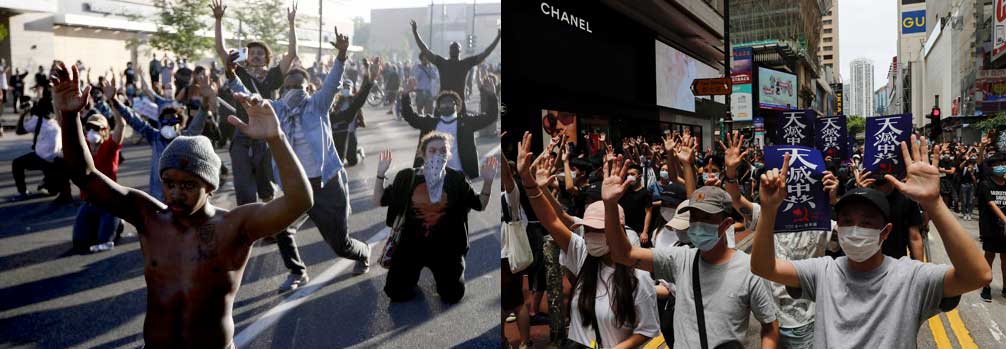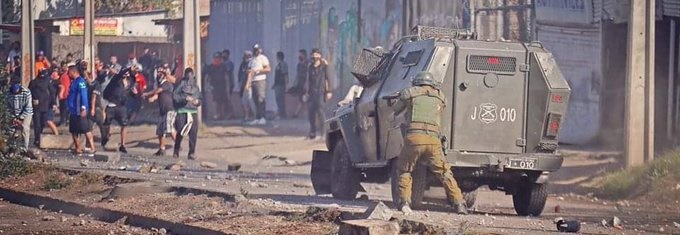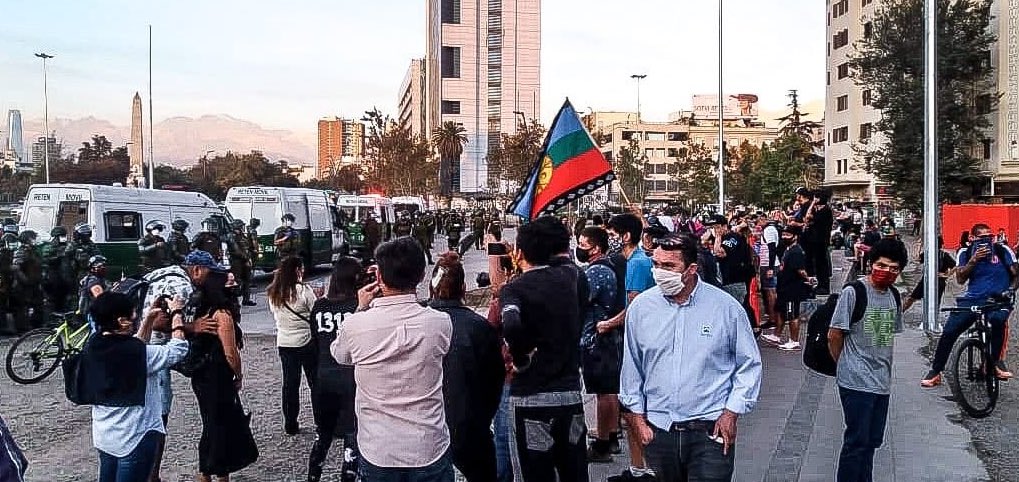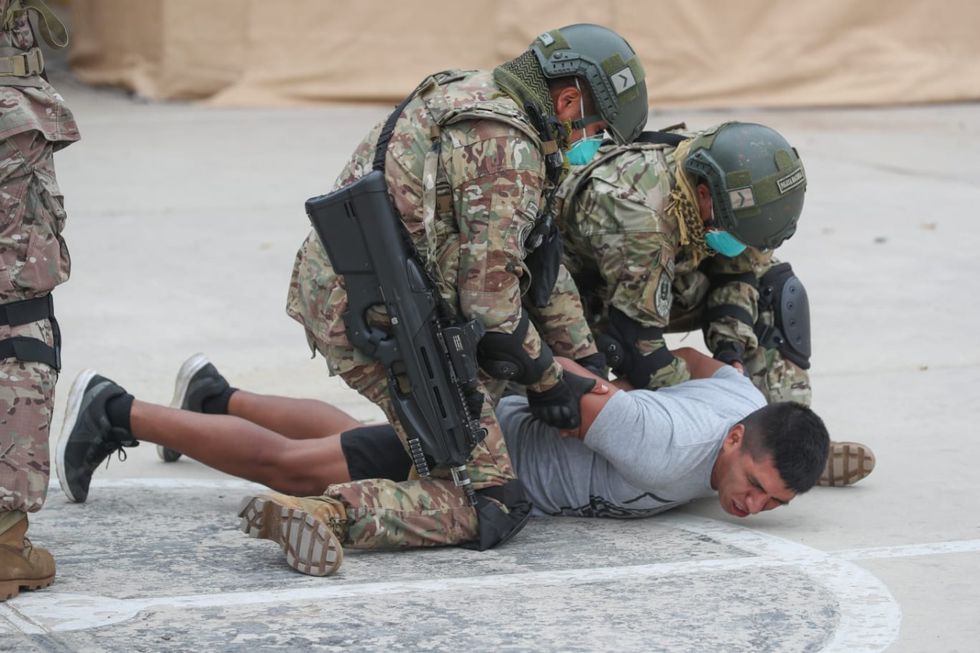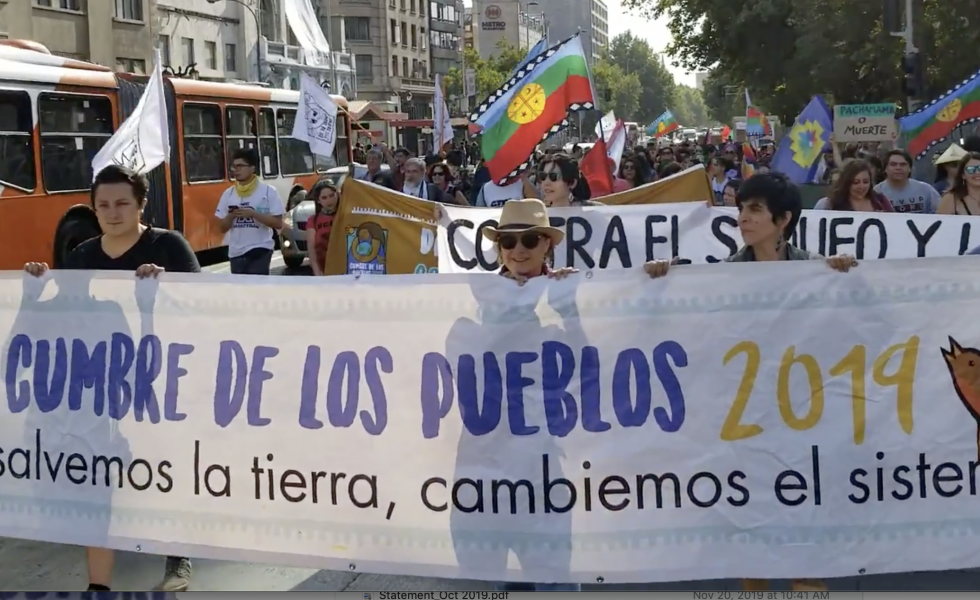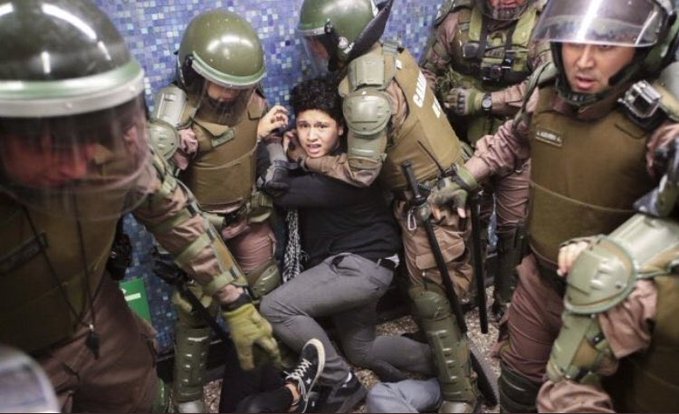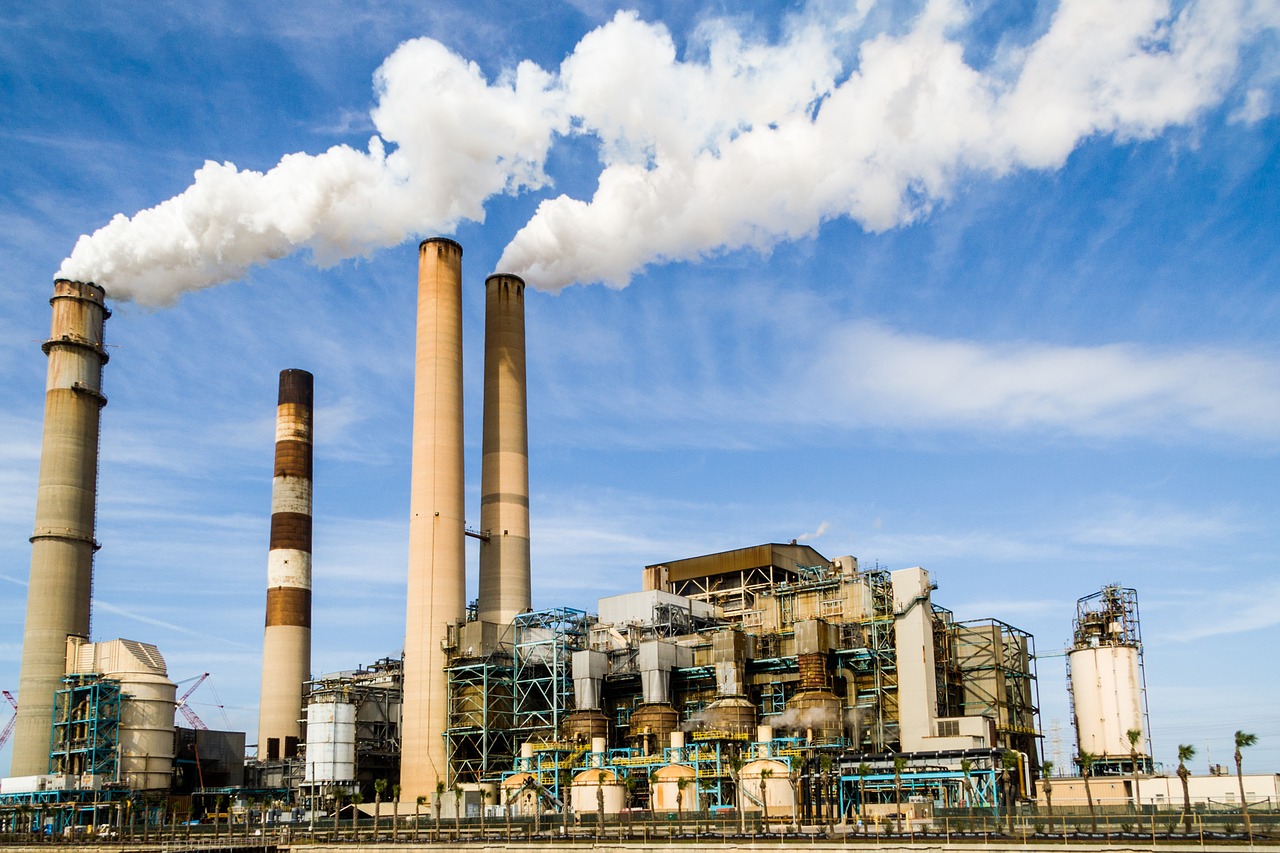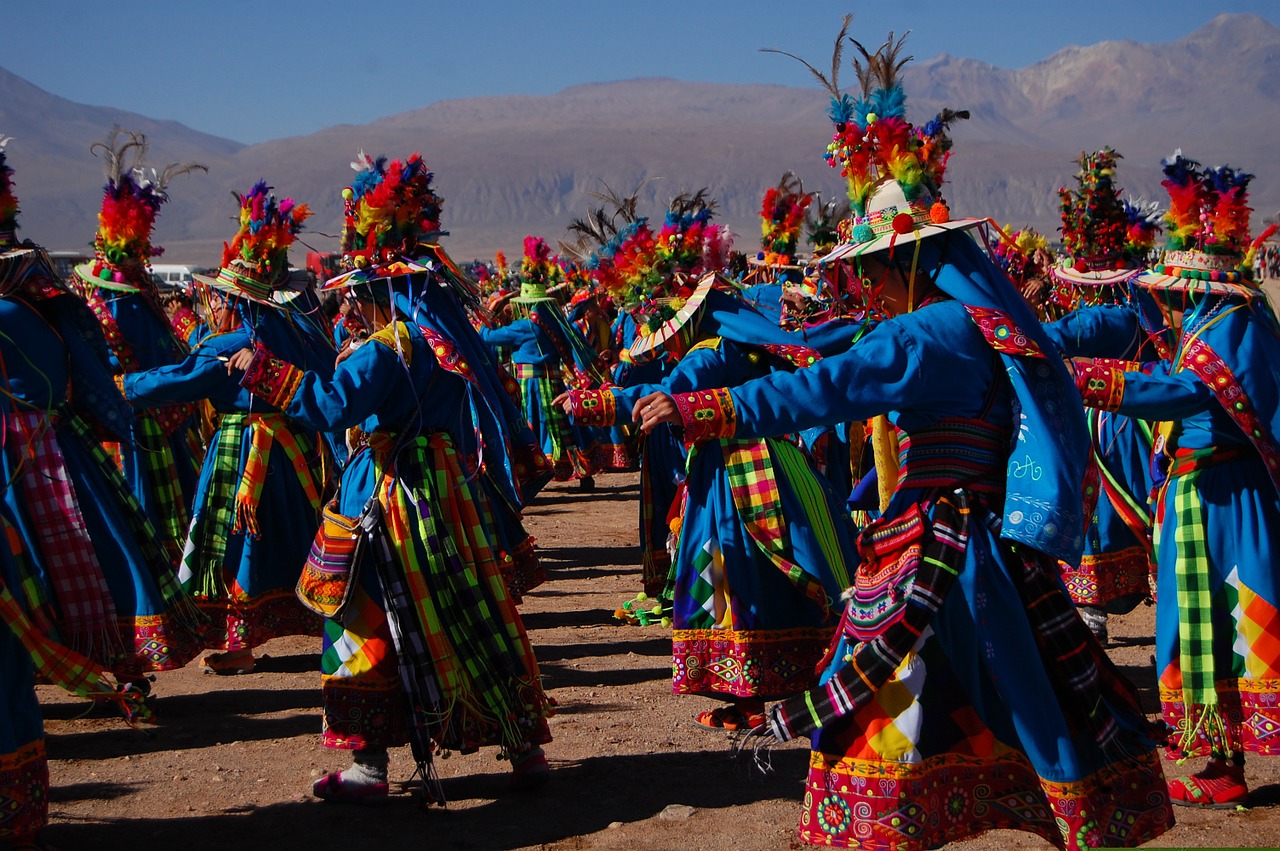
Chile: indigenous seats in constitutional convention
The Chilean Senate unanimously approved a bill to reserve 17 of its 155 seats for indigenous peoples in the country’s upcoming constitutional convention. The bill provides a fixed number of seats for representatives of designated indigenous communities in the country. The Mapuche, the largest indigenous group, are to have seven seats. Indigenous people constitute around 11.3% of Chile’s total population of 19 million, and their under-representation in politics has contributed to social and economic inequalities. However, despite demands, the Senate did not reserve seats for Afro-descendants, another under-represented group in Chilean society. (Photo: Pixabay via Jurist)




